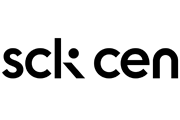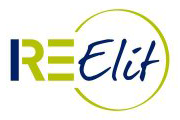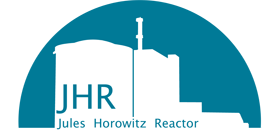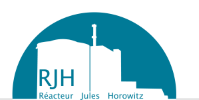ORGANISATION
International consortium
From its inception, the purpose of the JHR Material Test Reactor has been to meet the requirements for irradiation experiments and the growing demand for radioisotpoe in the medical industry, not only in France, but also in Europe and internationally.
This is how the project transformed into an international cooperation.
The JHR Material Test Reactor project is therefore financed by the members of the international consortium. Each member either contributes to the project financially, in-kind or by both means. In exchange for their investment, they are given access rights.
Each member’s respective contribution ensures:
• Owner access rights to carry out irradiation experiments for the duration of the reactor’s service life
• Top-priority yearly access rights (compared with non-members) to carry out experiments (these rights can be accumulated from one year to the next if necessary) for the entire duration of the reactor’s service life
• A seat on the governing board and voting rights with respect to making decisions about:
• Developing new experimental devices,
• Defining the reactor’s operation plan and its first bilateral programmes.
The JHR consortium currently has a total of 15 members
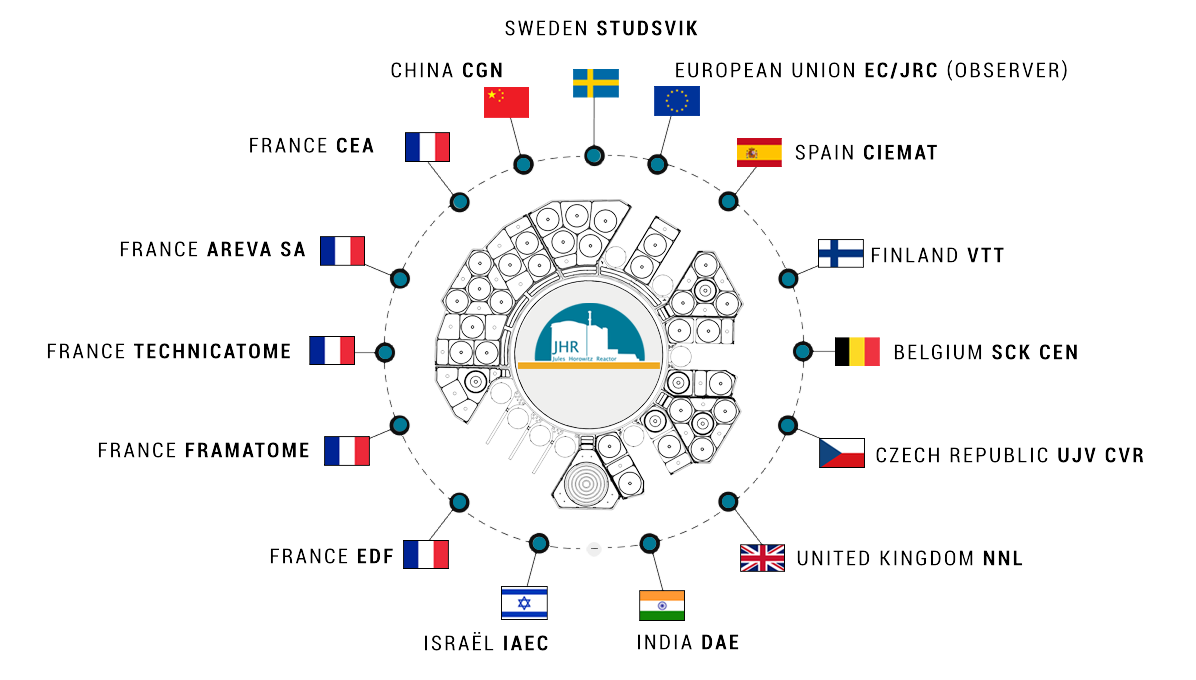
| Member | Country | Contribution | Member | Country | Contribution |
| Studsvik | Sweden | 2% | FRAMATOME | France | 5% |
| CIEMAT | Spain | 2% | TECHNICATOME | France | 3,5% |
| VTT | Finland | 2% | AREVA-SA | France | 1,5% |
| SCK CEN | Belgium | 2% | CEA | France | 45% |
| UJV-CVR | Czech Republic | 2% | CGN | China | 2% |
| NNL | United Kingdom | 2% | |||
| DAE | India | 3% | Observer : | ||
| IAEC | Israel | 2% | European Commission (EC) | European Union | 5% |
| EDF | France | 20% | Joint Research Center (JRC) | European Union | 1% |
| Member | Country | Contribution |
| Studsvik | Sweden | 2% |
| European Commission (CE) | 5% | |
| Joint Research Center (JRC) | EU (Euratom) EU | 1% |
| CIEMAT | Spain | 2% |
| VTT | Finland | 2% |
| SCK CEN | Belgium | 2% |
| UJV-CVR | Czech Republic | 2% |
| NNL | United Kingdom | 2% |
| DAE | India | 3% |
| Member | Country | Contribution |
| IAEC | Israel | 2% |
| EDF | France | 20% |
| FRAMATOME | France | 5% |
| TECHNICATOME | France | 3,5% |
| AREVA-SA | France | 1,5% |
| CEA | France | 45% |
| CGN | China | 2% |
The method of governance for the JHR Material Test Reactor is illustrated in the diagram below:
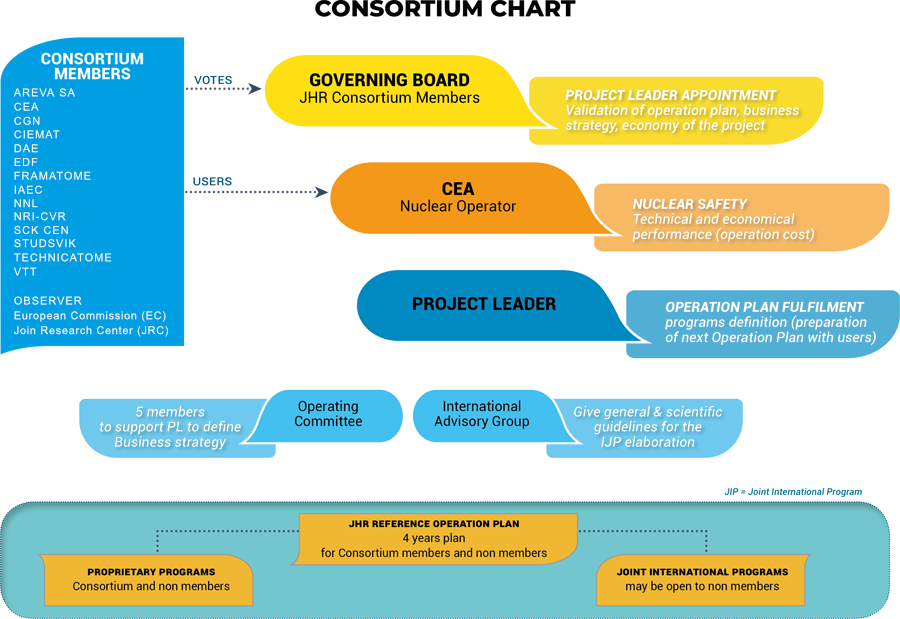
For more information, contact: RJH@cea.fr
The governing board
The governing board is chaired by Mr Jonathan HYDE. He is tasked with assessing the CEA project leader’s (David Emond) choices and defining both the consortium’s strategic orientation and policy.
More specifically, he will be required validate the ROP and the project’s commercial and financial strategy during the operational phase.
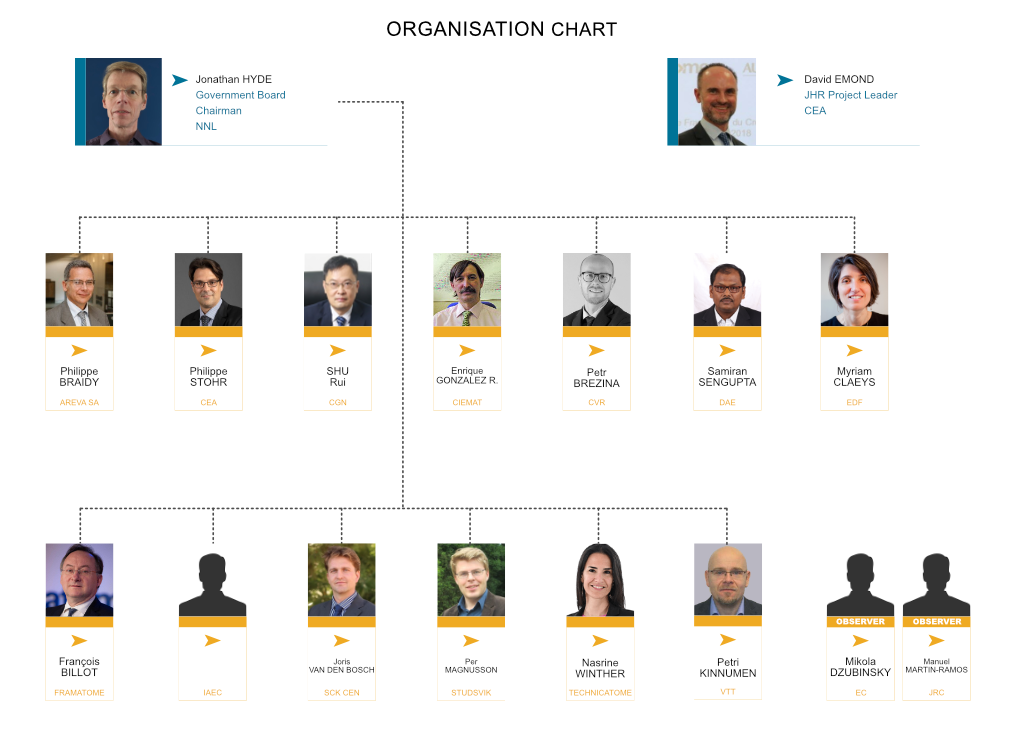
The CEA
The CEA is the majority member of the consortium,the owner-operator of the reactor, and the project manager. It is responsible for reactor construction, and running the JHR international consortium.
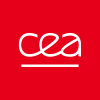
JHR Project Leader
During the construction phase, the JHR project leader is in charge of managing the project’s construction. During the operational phase, the Project Leader will appointed for 4 years and will be responsible for managing the ROP.
There have been four different project leaders since the beginning of the project:
• Daniel IRACANE
• Xavier BRAVO
• Regis VALLEE
• David EMOND since March 2019
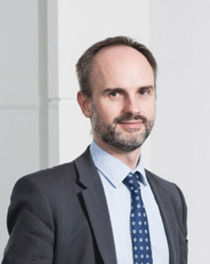
The JHR Project Leader is supported by two separate bodies:
The operational committee
This committee comprises five members and its remit is to support the JHR project management during the operational phase, particularly in terms of optimising the project’s technical and economic parameters.
The international scientific committee
As stipulated in the consortium agreement, the international scientific committee comprises a representative of each consortium member chosen on the basis of their expertise in a relevant scientific field.
In general, the international scientific committee’s remit includes:
• Issuing recommendations in view of drafting the JIP
• Providing scientific advice to the project leader in view of drafting the JIP
• Validating the JIP before submitting it to the governing board for approval.
Involvement of French government bodies
Different French bodies and members of the international consortium provide funding for the project and oversee its execution.
Ministry of Ecological and Solidarity Transition
This ministry defines the major strategic guidelines for the ecological transition in France.
The Directorate-General for Energy and Climate (DGEC), theDirectorate for Energy, and the Sub-Directorate for Nuclear Industry are responsible for projects in their respective areas; one of them is the JHR Material Test Reactor.
Ministry of Higher Education and Research
This ministry prepares and implements the government’s policy on the development of higher education via the MIRES initiative. Research and Higher Education Mission
In liaison with other relevant ministries, it proposes and implements government policy in fields of research and technology, under which the JHR Material Test Reactor is classified. It prepares the groundwork for government decisions on the allocation of resources and means by the state within the framework of its inter-ministerial mission.
Regional authorities
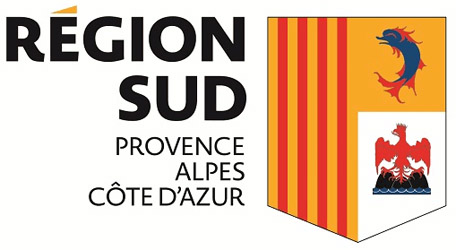
The regional authorities in the south East of France, understand the benefits of the project in terms of job spin-offs and local economic growth driven by the development of nuclear medicine, such as:
• Development of added-value satellite activities around the JHR Material Test Reactor,
• Stronger radiopharmaceutical drug sector in south east region of France (doctors, pharmacists, industry and research),
• Job creation in the Durance Valley.
In addition, the south east region, notably through the ERDF, the Regional Council and the City of Marseille, has contributed since 2009 to the co-financing and support of the partnership between AMU and CEA on the topic of instrumentation and measurement under irradiating environment. This has been the starting point of research collaboration agreements between the CEA and AMU for the development and qualification of instrumentation tools and means-measurement for fine and precise nuclear heatings determination in the JHR Material Test Reactor especially by differential calorimetry. In 2010 has been created the LIMMEX laboratory (http://limmex.org/) between CEA – AMU and CNRS on instrumentation and measurement in extreme environments, a large part of which is directly associated with the needs of characterization of the JHR Material Test Reactor irradiation locations (nuclear heating, neutron flux, photon flux). The reference university laboratory within LIMMEX is the IM2NP, a joint research unit between AMU -CNRS (UMR 7334). The JHR Material Test Reactor is a permanent member of the LIMMEX steering committee.
In teaching, training and training through research, the CEA ensures with the instrumentation stream of the Faculty of Sciences of AMU with which the CEA / JHR Material Test Reactor has a collaboration agreement since 2008, the co-responsibility of the M2/IME pathway Master IMM ; course in academic partnership with the INSTN. In addition, several initiatives supported and co-funded by AMU on research topics related to the need for instrumentation-measurement in the JHR Material Test Reactor have been realized (internships, doctoral theses, research projects).
One example is the CALOR_I project with the MIT funded by the A*MIDEX Foundation, whose purpose is to measure nuclear heating by means of innovative calorimeters in the MIT – R research reactor. Doctoral theses, publications (+50) and patents (4) were produced by the teams within this successful partnership.
Finally, based on these collaborations, AMU, in close partnership with the CEA, created in 2019 the Institute of Fusion Sciences and Instrumentation in the Nuclear environment (ISFIN: https://www.univ-amu.en/en/public/institut-sciences-de-la-fusion-et-de-linstrumentation-en-environnements-nucleaires-isfin) in which are aggregated research, training through research and teaching actions directly related to the technological challenges and barriers in measurement instrumentation to which the JHR Material Test Reactor seeks to respond. Thus, an international second-year master’s course on instrumentation and measurement for large nuclear research facilities was created within the IMM master of the AMU instrumentation industry. This course called IMSci-Nu for Instrumentation and Measurement Science for Major Nuclear Research Facilities has open in September 2022. This course is jointly managed by AMU – CEA (contact for information and application christelle.carette@univ-amu.fr, or abdallah.lyoussi@cea.fr). More than twenty interns, doctoral students and postdoctoral have been trained since then.
This successful partnership has allowed a strong academic anchorage in the region through the development of internships, theses and post-docs on these themes. Indeed, one of the objectives of the JHR Material Test Reactor is to serve the international scientific community in particular for the training of future talent.
Thus the JHR Material Test Reactor establishes collaborations with local universities and also receives foreign students.
■ Faculty of Science:
- Collaboration agreement with the JHR Material Test Reactor on the IME course of the master IMM of the instrumentation sector. This course is jointly directed by AMU – CEA.
- IN_CORE collaborative program between AMU and CEA – JHR Material Test Reactor on instrumentation and measurement of nuclear heating in irradiation reactors including JHR Material Test Reactor.
- Joint LIMMEX laboratory on instrumentation and measurement in extreme environments.
- Research Convention on Advanced Measurement of Nuclear Heating in the JHR Material Test Reactor using innovative miniaturized calorimeters.
- Strengthened partnership through the creation of the ISFIN Institute for Fusion Sciences and Instrumentation in the Nuclear environment.
- International second-year IMSci-Nu Master’s course for Instrumentation and Measurement Science for Major Nuclear Research Facilities.
■ Faculty of Pharmacy:
- Collaboration in the professional master degree in the prevention of technical risks and nuisances (PRNT) as part of regulatory studies on a facility for the processing, purification and conditioning of radioisotope before their transfer to radiopharmaceutical hospital departments,
- Work with a researcher at the IMBE on purification of177Lu.
■ Faculty of Economics and Management:
- Hosting of an intern from the master degrees in production, logistics and supply chain management (M2 DISA)
- Preliminary meetings with researchers from CRET-LOG .
■ Human sciences:
- Preliminary meetings with the Mediterranean demographic observatory (DEMO MED).
■ Faculty of Medicine:
- Fostering collaboration between hospital-university teams, nuclear medicine departments and nuclear pharmacy staff.
- The CEA is a partner of major development projects such as DHU-imaging, which later became the Marseille Imaging Institute, one of the 16 AMU Institutes.
The JHR Material Test Reactor strives to enhance France’s visibility in such fields and gain regional support to ensure better local, national and international outreach.

Collaboration
Collaboration
In addition to the collaboration terms laid out in the JHR Consortium agreement, some members contribute to the development of the JHR Material Test Reactor’s experimental capacities through other collaboration agreements, such as:
